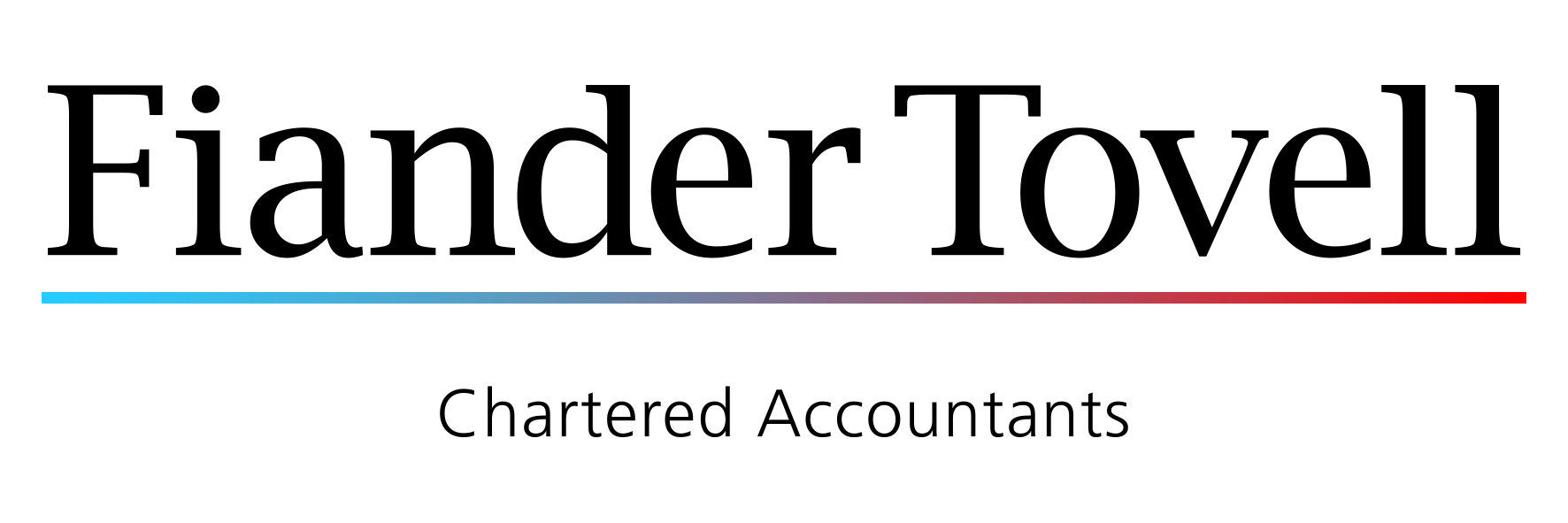
An introduction to the government’s consultation on tax compliance in the charity sector
Did you know that in 2020 to 2021, charities and community amateur sports clubs (CASCs) received more than £5.5 billion in charitable reliefs? However, it has become clear that some of the tax relief rules for charities and CASCs do not work as intended, leading to non-compliance from illegitimate philanthropists.
On 27th April 2023, the government opened the consultation, Charities Tax Compliance, that aims to help determine the impact of any changes to tax relief rules, ensuring that charities and CASCs are spared unnecessary bureaucracy, but also allowing HMRC to effectively monitor the sector.
In order to receive reliefs, charities and CASCs are already obligated by HMRC to undertake certain actions, such as completing a tax return where necessary, pay any taxes and duties they owe, and operate with compliance to all the requirements of a charity. However, within the consultation, the following issues will be reviewed:
• preventing donors from obtaining a financial benefit from their donation
• preventing abuse of the charitable investment rules
• closing a gap in non-charitable expenditure rules
• sanctioning charities that do not meet their Filing and Payment Obligations.
With this in mind, we thought we would share an introduction to intended topics for discussion in the Charities Tax Compliance consultation.
Preventing donors from obtaining a financial benefit from their donation

The Tainted Charity Donation rules are based on a purpose test, with three conditions that must be met for a donation to be considered tainted:
Condition A – The donation to the charity and arrangements entered into by the donor are connected.
Condition B – The main purpose of entering into the arrangements is for the donor, or someone connected to the donor, to receive a financial advantage directly or indirectly from the charity.
Condition C – The donation isn’t made by a qualifying charity-owned company or relevant housing provider linked with the charity to which the donation is made.
These complex rules, however, make it difficult to identify all instances of tainted donations. The consultation outlines three potential options to update the rules for tainted donations, which include: replacing the rule altogether, removing, or amending Condition B. These changes would still allow charities to thank donors for their giving, with modest gifts in line with the existing donor benefit rules.
Preventing abuse of the charitable investment rules
Closing a gap in non-charitable expenditure rules
- Gift Aid donations
- payroll giving donations
- income such as rental income
- interest received
- profits from a charity’s primary purpose trading activity
- capital gains.
However, distinguishing between attributable income and gains, and a charity’s available income and gains can act as a blocker when HMRC requires the relief to be returned for non-charitable expenditure. To combat this, amongst other options, HMRC is considering a review of the definition of attributable income and gains so that it considers which types of income become chargeable following non-charitable expenditure.
Sanctioning charities that do not meet their filing and payment obligations
To overcome this and improve compliance, HMRC is considering the sanction of withholding payments of Gift Aid and disapplying other tax reliefs from charities that have fallen behind on their reporting and filing obligations. It’s hoped that this will encourage charities to fulfil their obligations, so that they can still access the tax reliefs they are entitled to.
The consultation will run for a total of 12 weeks until 20 July 2023, and responses can be sent by email to charitypolicy.taxteam@hmrc.gov.uk.
At Fiander Tovell we act for many charities of varying sizes. If you would like further advice about the tax compliance of a charity that you are involved with, please do not hesitate to get in touch Adam Buse at adambuse@fiandertovell.co.uk.
You can find more of the latest accounting and tax updates here.
